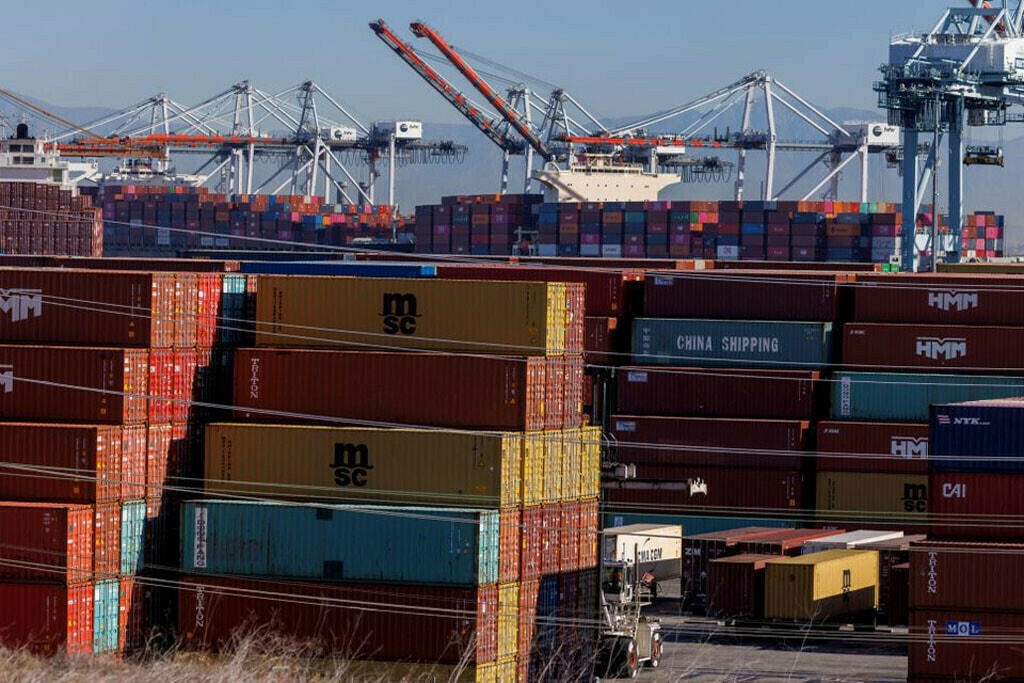ISLAMABAD: Business leaders in Pakistan are pleading with the government to lift an import ban that is preventing millions of people from working by allowing industrial materials stuck at the vital port of Karachi into the country.
blocked imports in Pakistan
Faced with critically low US dollar reserves, the government has prohibited all imports except vital food and medication until a lifeline bailout agreement with the International Monetary Fund(IMF) is reached.
Industries including steel, textiles, and pharmaceuticals are barely operating. It resulted in the closure of thousands of firms and increased unemployment.
The lack of scrap metal, which is melted down and made into steel bars, has prompted the steel industry to issue serious supply-chain warnings. The price of the bars has risen dramatically in recent weeks.
Wajid Bukhari on blocked imports in Pakistan
Wajid Bukhari is the President of Pakistan’s Large Scale Steel Producers Association. He said, “We directly feed resources to the construction industry, which is associated with around 45 downstream companies”.
“This entire cycle is going to be clogged.”
According to him, several larger businesses are just days away from collapsing. While some smaller factories are already closed due to stock exhaustion.
The steel sector claims that its operations, directly and indirectly, affect several million jobs, with an import bill of about $150 million per month.
The central bank’s foreign exchange reserves have fallen to just $2.9 billion, or less than three weeks’ worth of imports.
This condition provokes fears that the construction industry may close down very soon, plunging thousands of laborers into unemployment. The Constructors Association of Pakistan echoed pleas for steel and machinery to be excluded from the import ban.
‘Coming to a standstill’
Years of financial mismanagement and political unrest already harmed Pakistan’s economy. Furthermore, our economic condition has worsened by the global energy crisis and severe floods that drowned a third of the nation.
Read more: PTI To Start ‘Court Arrest’ Drive From Lahore
Moreover, the lack of raw supplies, increasing inflation, rising gasoline prices, and a falling rupee have severely impacted manufacturing companies.
The supply-chain issue, according to Pakistani economist Kaiser Bengali, “feeds inflation and also hurts government revenues.”
heading up poverty
In Pakistan, a significant part of industry and construction employees are paid on a daily basis, which is contributing to rising unemployment and poverty.


